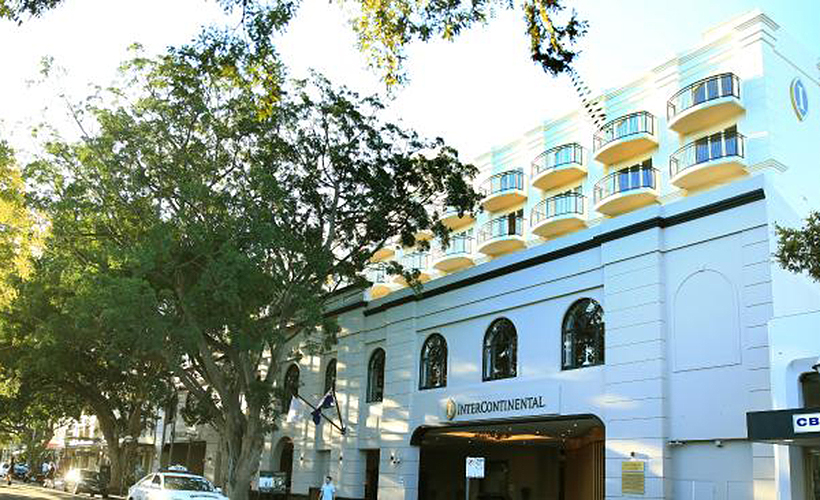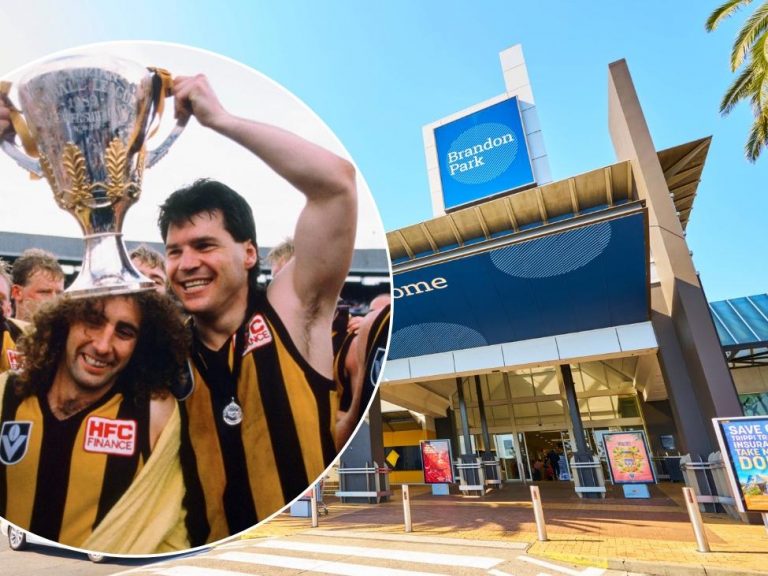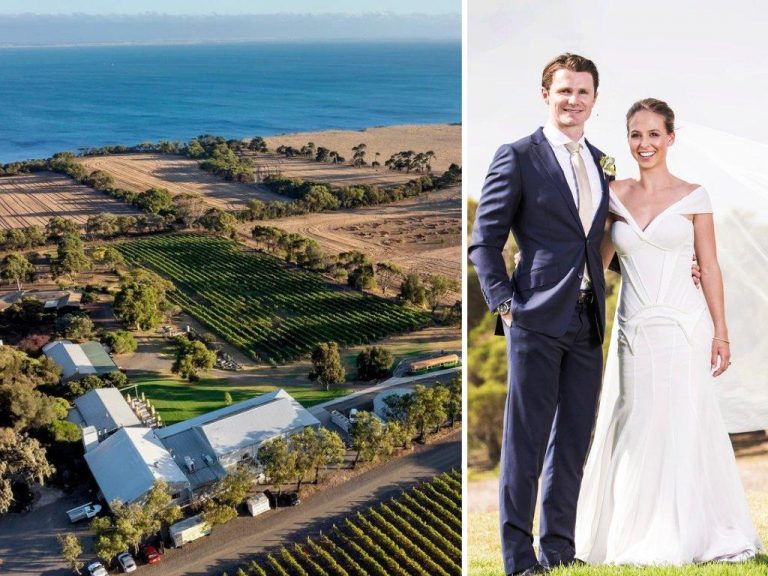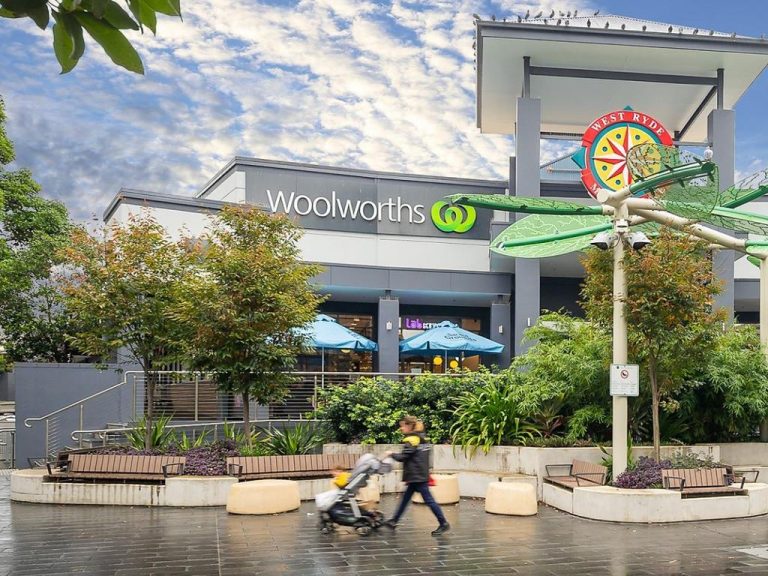Short supply sees hotel market dip

National hotel investment levels dropped nearly 50% this year to $1.4 billion due to a lack of saleable hospitality assets and a tightening of overseas capital.
The lack of stock has prompted investors to look to the northern hemisphere to “deploy frustrated capital” as hotel owners across the country enjoy strong trading, particularly in Sydney, Canberra and Cairns.
JLL Hotels Australasia chief executive Craig Collins says the recent sale of the 140-room InterContinental Sydney Double Bay hotel at $1 million per room to an offshore Chinese investor achieved one of the highest rates on record in the region and demonstrated the interest in institutional-quality assets and pent-up demand.
Commercial Insights: Subscribe to receive the latest news and updates
“Given the lack of available assets in tier-one markets, investors continue to look for assets in metropolitan and regional locations,” Collins says.
“The Sydney market has had another sensational year in terms of trading, with revenues per available room growth recorded at 9.6% for the year to October 2017, led mostly by a large rise in average daily rates.

The rooftop pool at the Intercontinental Sydney Double Bay, which sold in 2017.
“Due to constrained supply and a compressed pipeline across the city, the already high occupancy rates in central Sydney are allowing hoteliers to really drive room rates throughout the year.”
Average daily room rates for the year to October were $256, up from $237 the previous year.
Sydney’s fringe markets, such as the airport precinct, reported 8.2% growth in revenue per available room for the year to October.
“This fringe market benefits significantly from the overflow from the Sydney centre and, despite a substantial rise in room supply over the course of the year, the area has shown significant increase in occupancy rates at 89.8% as travellers begin to realise the benefits of staying in Sydney CBD’s closest secondary market and in proximity to the airport,” Collins says.
JLL executive vice-president Peter Harper says two of Australia’s largest transactions this year were in Melbourne. “Activity across the full spectrum has been diverse and highlights the breadth of capital sources markets into Melbourne, with UAE, Singapore, Japanese, Chinese, Hong Kong and Australian groups all making plays over the past 24 months.”

Melbourne’s Treasury Gardens Hotel, now owned by Cbus Property.
However, other cities were not as buoyant, with Perth sustaining a 10.7% drop in revenue per available room for the 12 months to October.
JLL Hotels says the drop is due to the subdued corporate environment but there is a strong supply pipeline with several five-star hotels set to open by 2019.
Brisbane’s revenue per available room rose 1% for the 12 months to October after several years of trading decline.
Canberra’s revenue per available room grew 9.7% after several years of soft growth.
– with Ben Wilmot
This article originally appeared on www.theaustralian.com.au/property.







